Oleander time, she said. Lovers who kill each other now will blame it on the wind
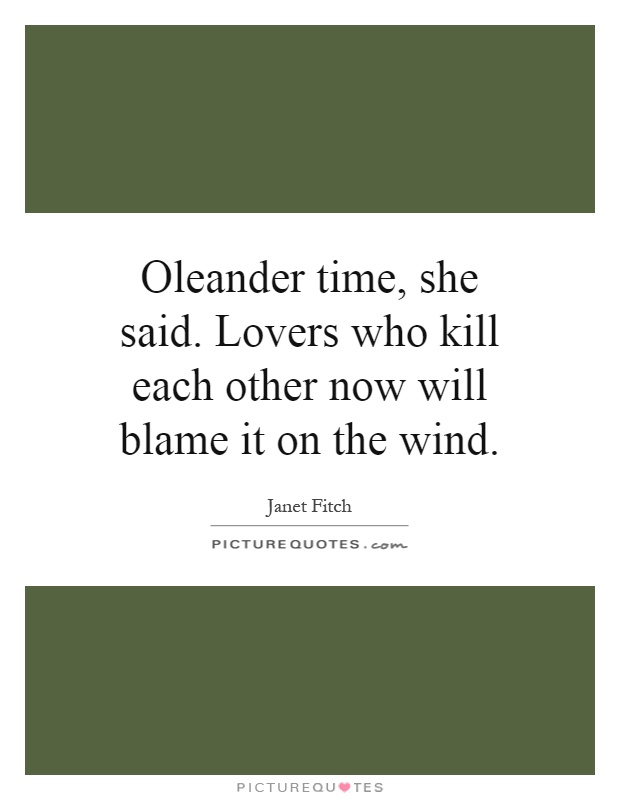
Oleander time, she said. Lovers who kill each other now will blame it on the wind
In the novel "White Oleander" by Janet Fitch, the quote "Oleander time, she said. Lovers who kill each other now will blame it on the wind" holds a significant and haunting meaning. The story follows the life of Astrid Magnussen, a young girl who is placed in a series of foster homes after her mother, Ingrid, is imprisoned for murder. Throughout the novel, the theme of toxic relationships and the destructive power of love is explored, making the quote particularly poignant.The mention of "Oleander time" is a reference to the poisonous plant oleander, which is often associated with death and danger. In the context of the quote, it symbolizes the toxic nature of the relationships in the novel, particularly the relationship between Ingrid and Astrid. Ingrid's intense love for her daughter is suffocating and manipulative, leading to a cycle of abuse and control. This toxic love ultimately leads to tragedy, as Ingrid's actions result in her imprisonment and Astrid's placement in foster care.
The idea of lovers killing each other and blaming it on the wind speaks to the destructive power of love and the ways in which people can justify their actions in the name of passion. In the novel, both Ingrid and Astrid are driven to extreme measures by their love for each other, leading to violence and betrayal. The quote suggests that love can be a dangerous force, capable of causing harm and destruction in its wake.
Overall, the quote "Oleander time, she said. Lovers who kill each other now will blame it on the wind" encapsulates the central themes of "White Oleander" and the complex, often destructive nature of love. Janet Fitch's novel delves deep into the dark side of relationships, exploring the ways in which love can both uplift and destroy. It serves as a powerful reminder of the consequences of toxic love and the importance of breaking free from harmful patterns in order to find true happiness and fulfillment.
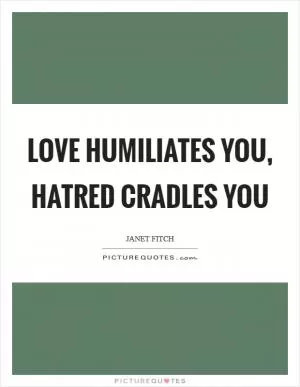


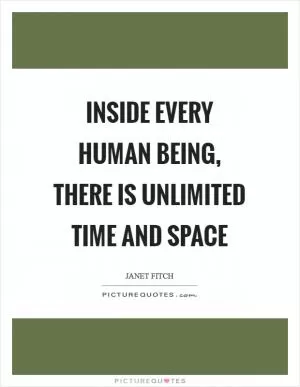

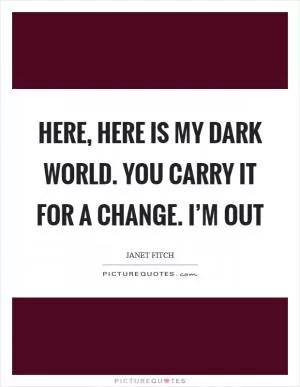
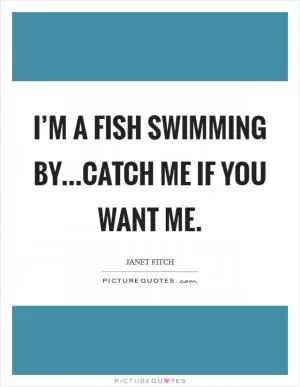





 Friendship Quotes
Friendship Quotes Love Quotes
Love Quotes Life Quotes
Life Quotes Funny Quotes
Funny Quotes Motivational Quotes
Motivational Quotes Inspirational Quotes
Inspirational Quotes